Virgin Orbit, Rocket Lab and Skyrora: Comparison of Production Facilities
7th May 2021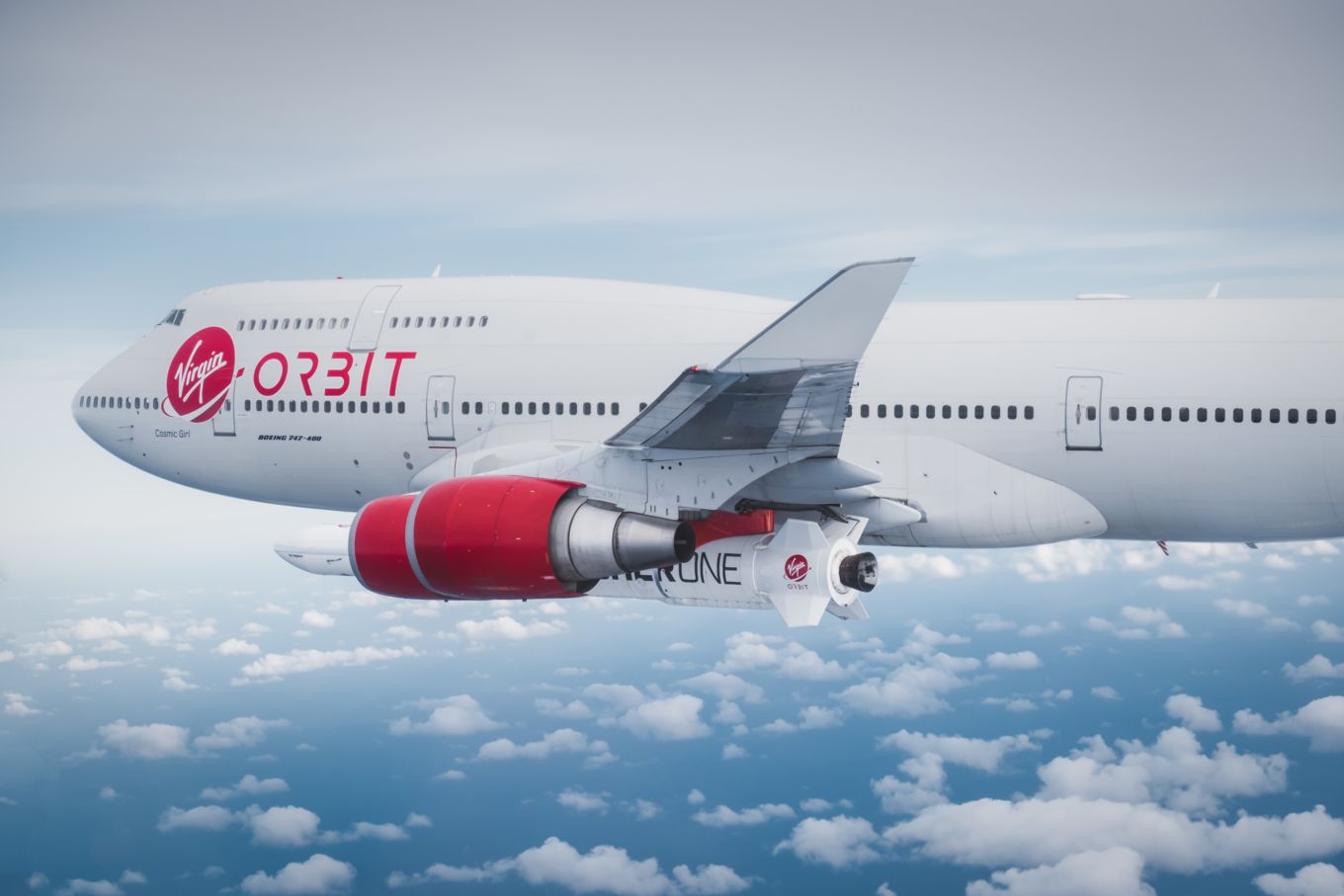
The private space sector, with companies like Virgin Orbit, Rocket Lab, and Skyrora, is developing rapidly, and its vector is increasingly shifting towards the use of small satellites and CubeSats. Today, about 3,000 satellites are active in near-earth orbit, and in the next 2-3 years, this number is expected to double. Small satellites will account for the majority of orbiting spacecraft.
Demand creates supply, and more and more aerospace companies are striving to provide launch and payload delivery services. Three top launchers – Rocket Lab, Virgin Orbit and Skyrora – attract the most attention today.
OrbitalToday tried to analyze if these companies’ manufacture and technical bases are sufficient to reach their ambitious goals.
Rocket Lab Production Facilities
Rocket Lab has three manufacturing facilities. The main and largest is Electron lightweight launcher manufacturing facility in Auckland, New Zealand. Two more are located in California, Huntington Beach and Long Beach, specialising in Rutherford engines and avionics manufacture.
The Long Beach complex was the last to be launched in 2020 and should provide the American segment with more than 12 rockets per year. In total, the company plans to produce enough rockets to ensure weekly launches. To this end, it is working on making its carrier’s first stage reusable. At the end of 2019, the Rosie robotic production system was launched at the main production line in Auckland. According to the company’s management, this system allows reducing the rocket’s main components manufacturing time from 400 to 12 hours.
RocketLab’s ambitions grow every year. Since 2018, the company has carried out 19 successful missions and plans to carry out 26 more in 2021. This March, Rocket Lab started working on the heavy launch vehicle Neutron, which will predictably lead to further expansion of production capacity.
Virgin Orbit Production Facilities
The company has only one production facility in Long Beach, with a manufacturing capacity of 25 rockets per year. Their rocket uses a different launch technology. While Electron, like most rockets, is launched vertically from a ground-based platform, LauncherOne is launched from under the wing of a Boeing 747-400 transport aircraft at 33,000 feet. This ensures significant cost reduction when launching and manufacturing the rocket since a launch from a plane requires less fuel and less first-stage engine power to reach space.
In all fairness, Virgin Orbit began commercial launches of LauncherOne just this year, and the current Long Beach capacity fully covers its needs. However, if the demand increases, there should be no problem with expansion. Virgin Orbit is part of the Virgin Group owned by British billionaire Richard Branson, whose fortune is estimated at 5 billion USD.
Skyrora Production Facilities
Skyrora is a young and ambitious Edinburgh-based company funded by venture capital investments (over £30m as of 2020), setting an excellent example of rapid growth over a short period of time.
Skyrora has managed to develop a series of 4 suborbital Skylark rockets with a payload capacity from 1 to 50kg in just three years of existence. It is also getting ready to launch its first vertical Skyrora XL rocket with 315kg payload capacity, along with a space tug for controlling satellites in orbit and removing space debris. Another hallmark of the company is its innovative low-carbon Ecosene fuel made from plastic waste, which is much more environmentally friendly than traditional fuel mixtures.
The company has technical and production centres in Edinburgh, Dnipro, Ukraine, and recently opened an engine test site in Fife, Scotland, which is expected to increase its total workforce from 120 to 300 people. In addition, Skyrora actively collaborates with more than 20 space industry companies, mostly from the UK, which ensures a well-established infrastructure and supply chain.
The first commercial launch of Skyrora XL and Space Tug is scheduled for 2022. By 2026, Skyrora wants to increase its number of annual orbital launches to 25. Besides, Skylark suborbital rockets are launch-ready even now.
To date, Skyrora, Rocket Lab, and Virgin Orbit are some of the leading aerospace companies, despite using different carriers and technologies.
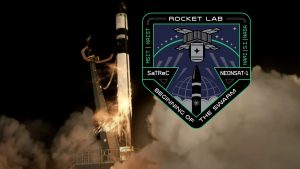
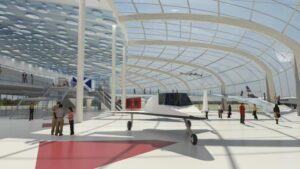
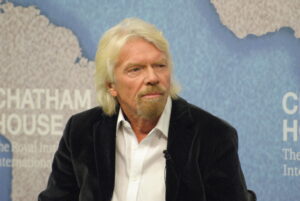


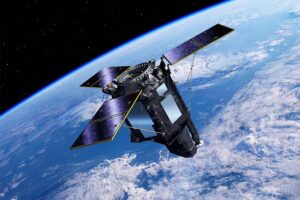
Thank you for your comment! It will be visible on the site after moderation.